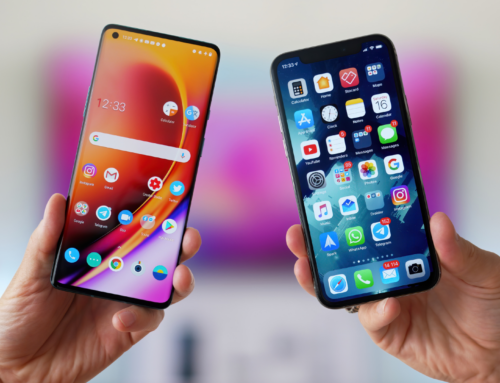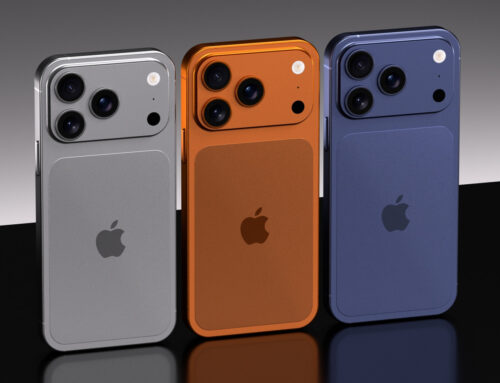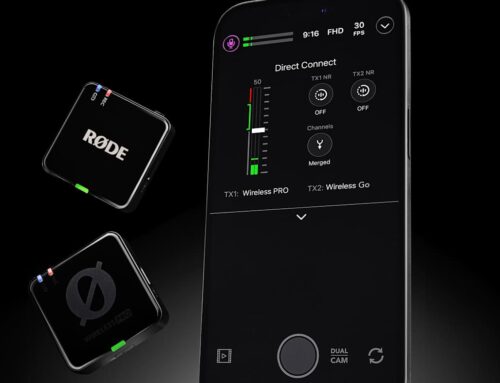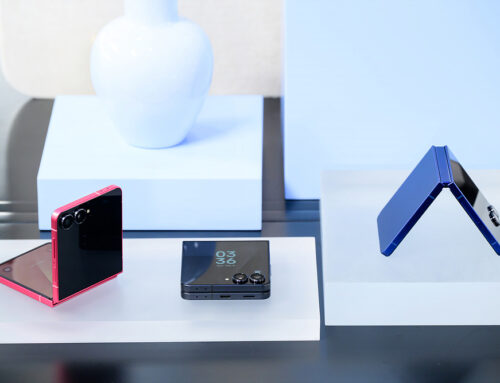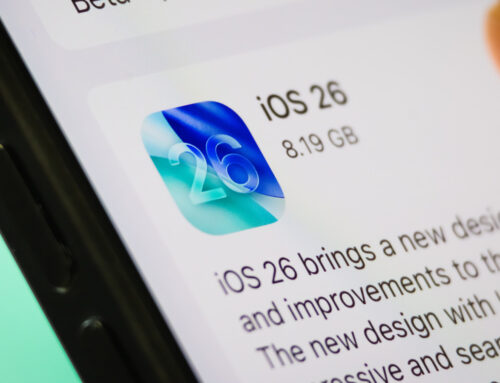Apple’s plan to replace Qualcomm 5G modems with its own on upcoming iPhone models may have hit a roadblock. According to analyst Ming-Chi Kuo — who has an impressive record with respect to Apple rumors — Apple’s efforts to develop its own 5G modem chip haven’t yielded an adequate replacement.
Not mincing words, Kuo writes that Apple’s efforts thus far “have failed.” As a result, Kuo notes that “Qualcomm will remain exclusive supplier for 5G chips” for all iPhone models in 2023. Incidentally, a bevy of rumors in recent years pointed to Apple using their own 5G modems on all iPhone models starting with the iPhone 15 in 2023. That is seemingly not the case anymore.
It’s no secret that Apple has long preferred to own the underlying technologies used in its products. This philosophy can be traced back to Creative Technologies suing Apple over a patent licensing dispute involving the iPod. In the wake of that lawsuit, Steve Jobs made a concerted effort to lessen Apple’s reliance on third-party technology.
“I’ve always wanted to own and control the primary technology in everything we do,” Jobs said back in 2004.
To this end, it’s telling that Jobs — when introducing the iPhone — made it a point to exclaim: “And boy have we patented it.”
Over the last decade, we’ve seen Apple take greater ownership of the underlying hardware in its products. These days, the entirety of Apple’s hardware lineup utilizes processors featuring Apple designs.
A few years ago, Apple and Qualcomm engaged in fierce litigation across multiple jurisdictions. Ultimately, the lawsuit either created or accelerated Apple’s desire to kick Qualcomm to the curb. For those unfamiliar, the crux of the lawsuit was this: Qualcomm wanted a royalty rate based on the overall cost of each iPhone sold as opposed to a flat rate.
Apple believed this to be unfair. Apple at the time argued that Qualcomm was profiting from Apple innovations that had nothing to do with modem chips.
For many years Qualcomm has unfairly insisted on charging royalties for technologies they have nothing to do with. The more Apple innovates with unique features such as TouchID, advanced displays, and cameras, to name just a few, the more money Qualcomm collects for no reason and the more expensive it becomes for Apple to fund these innovations. Qualcomm built its business on older, legacy, standards but reinforces its dominance through exclusionary tactics and excessive royalties. Despite being just one of over a dozen companies who contributed to basic cellular standards, Qualcomm insists on charging Apple at least five times more in payments than all the other cellular patent licensors we have agreements with combined.
Apple ultimately settled its lawsuit with Qualcomm in 2019. But by then, work on an Apple-designed 5G modem was already underway.
As Apple’s relationship with Qualcomm soured, Apple — as it tends to do — started going on a hiring spree. Before long, dozens of engineers with expertise in modem design were working for Apple in Cupertino. Apple upped the ante even more in July of 2019. That’s when Apple purchased all of Intel’s modem business for $1 billion.
As part of the deal, Apple acquired all of Intel’s IP and equipment pertaining to modem technology. Moreover, over 2,200 Intel engineers and employees joined Apple following the acquisition.
Apple’s press release at the time said the following:
Combining the acquired patents for current and future wireless technology with Apple’s existing portfolio, Apple will hold over 17,000 wireless technology patents, ranging from protocols for cellular standards to modem architecture and modem operation.
Apple’s acquisition only solidified its 5G plans and its underlying desire to remove Qualcomm as a supplier.
It stands to reason that an iPhone with an Apple-designed 5G modem is an issue of when as opposed to if. Apple has thousands of people working on the initiative and the company — with the A-x and M-x processors — has a strong track record. Additionally, Apple has deep pockets that will allow it to keep investing in ongoing research and development.
So while a 5G iPhone with an Apple-designed modem may not be coming on the iPhone 15, others have suggested that it might be ready to ship in time for the 2025 iPhone release.



